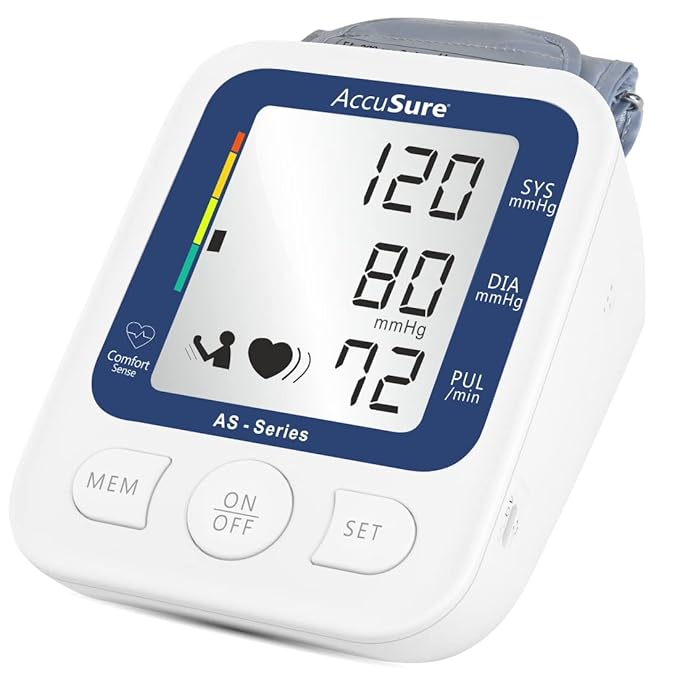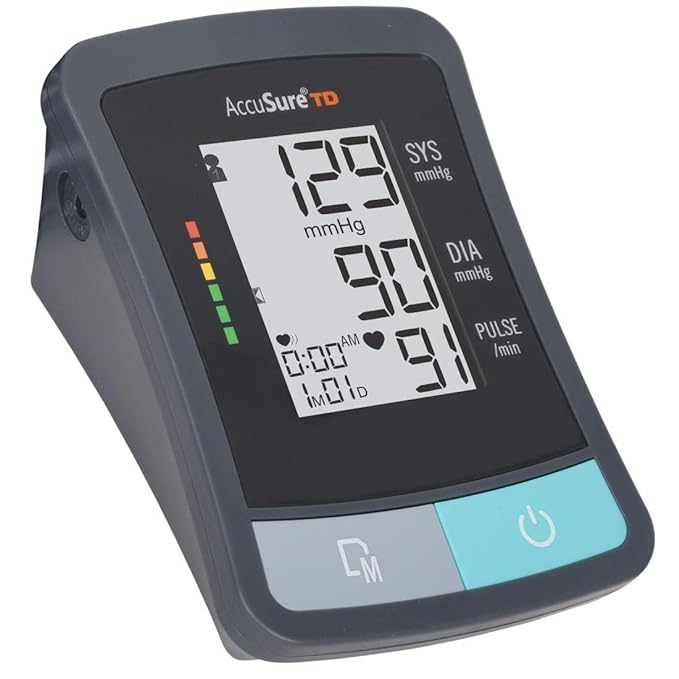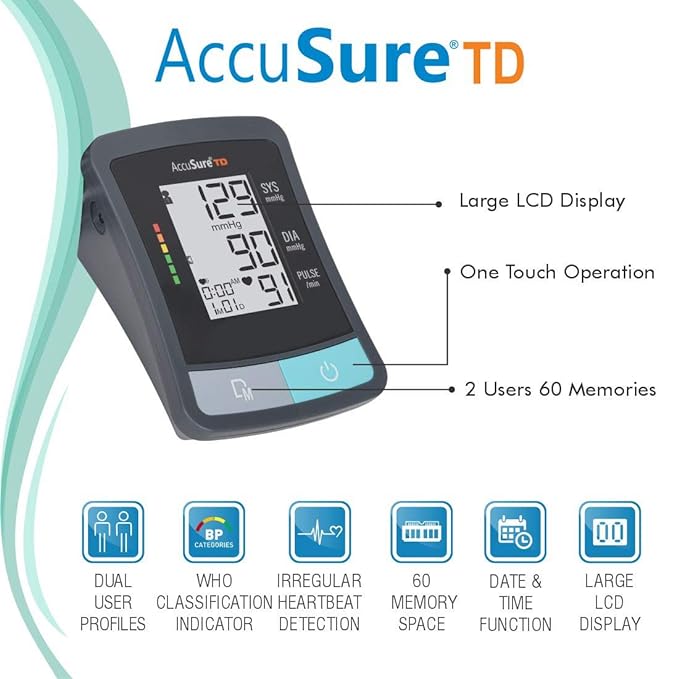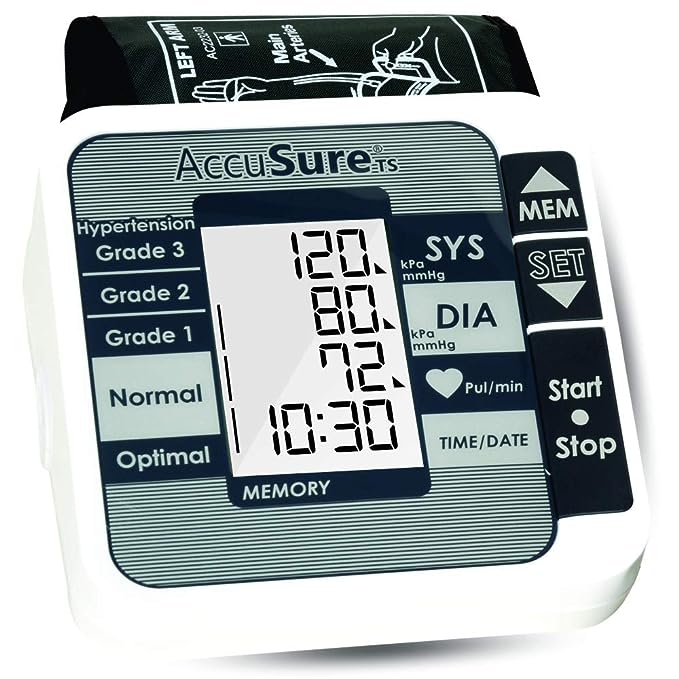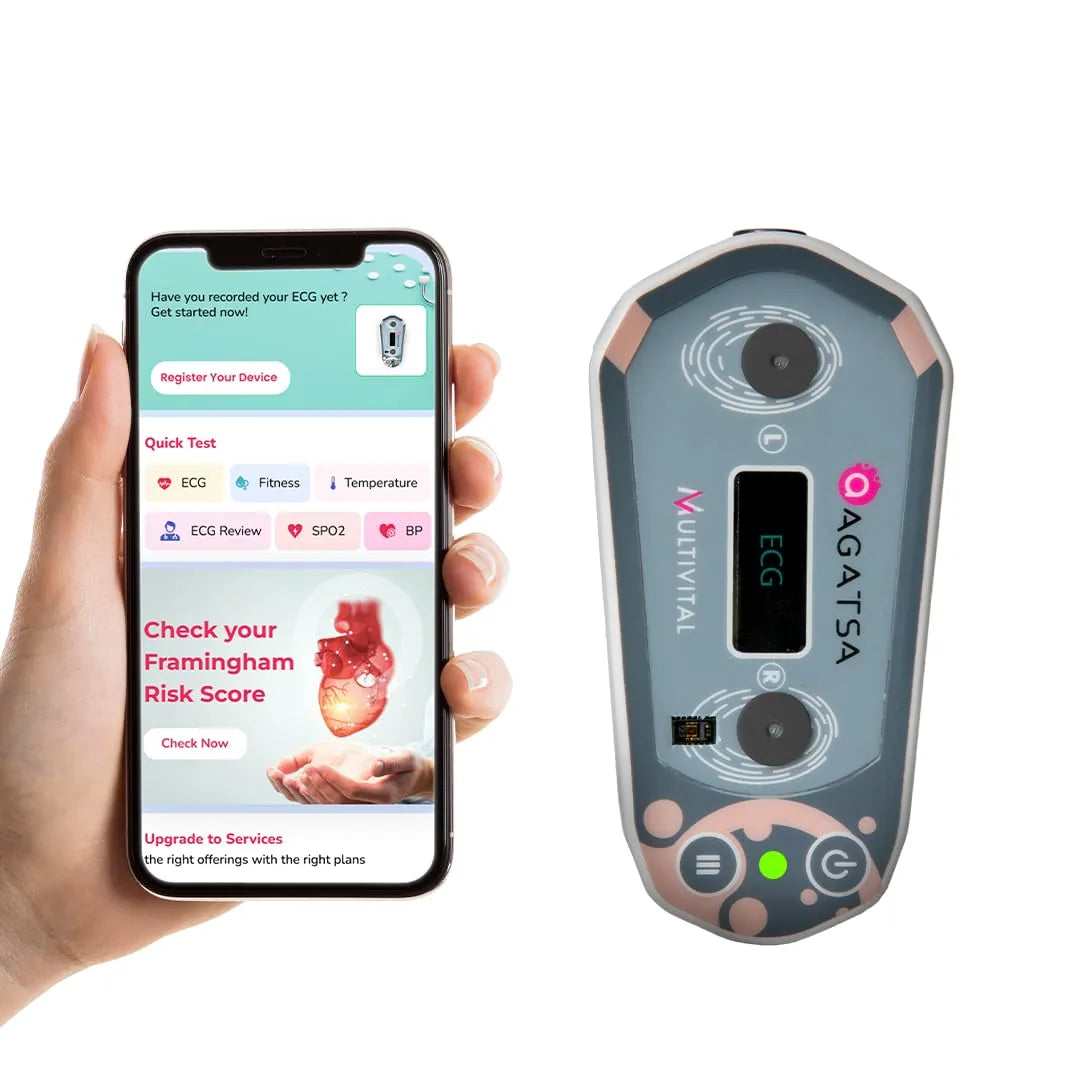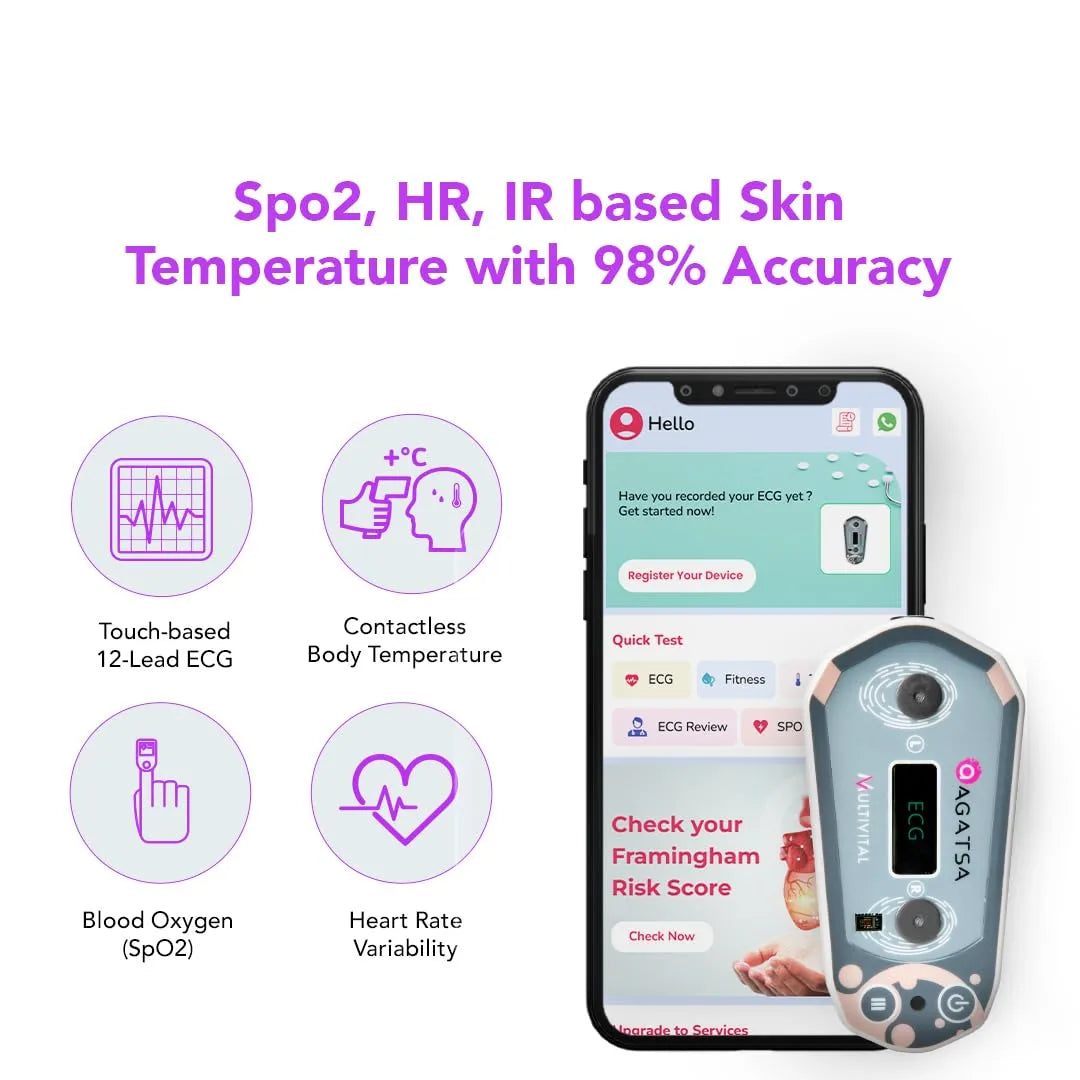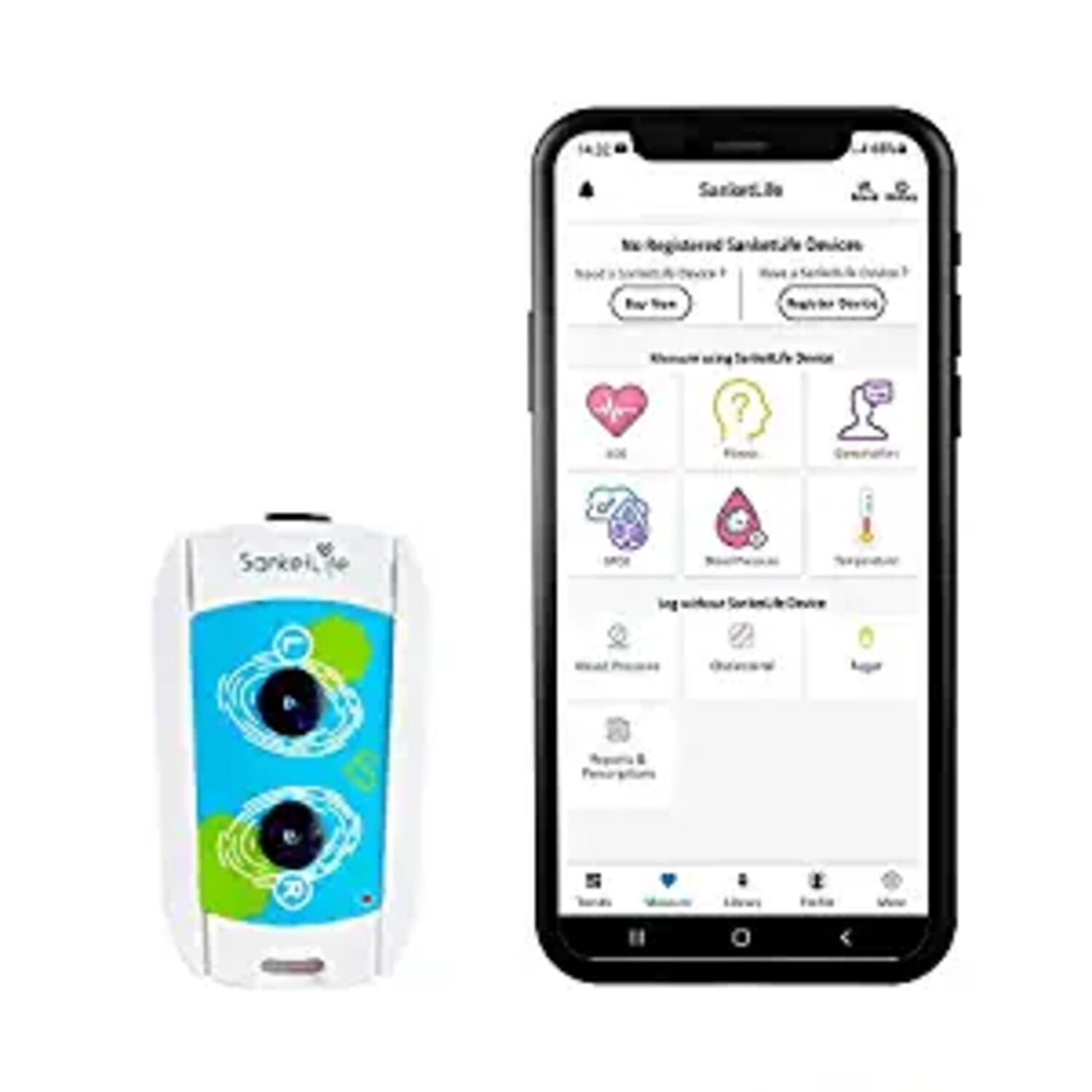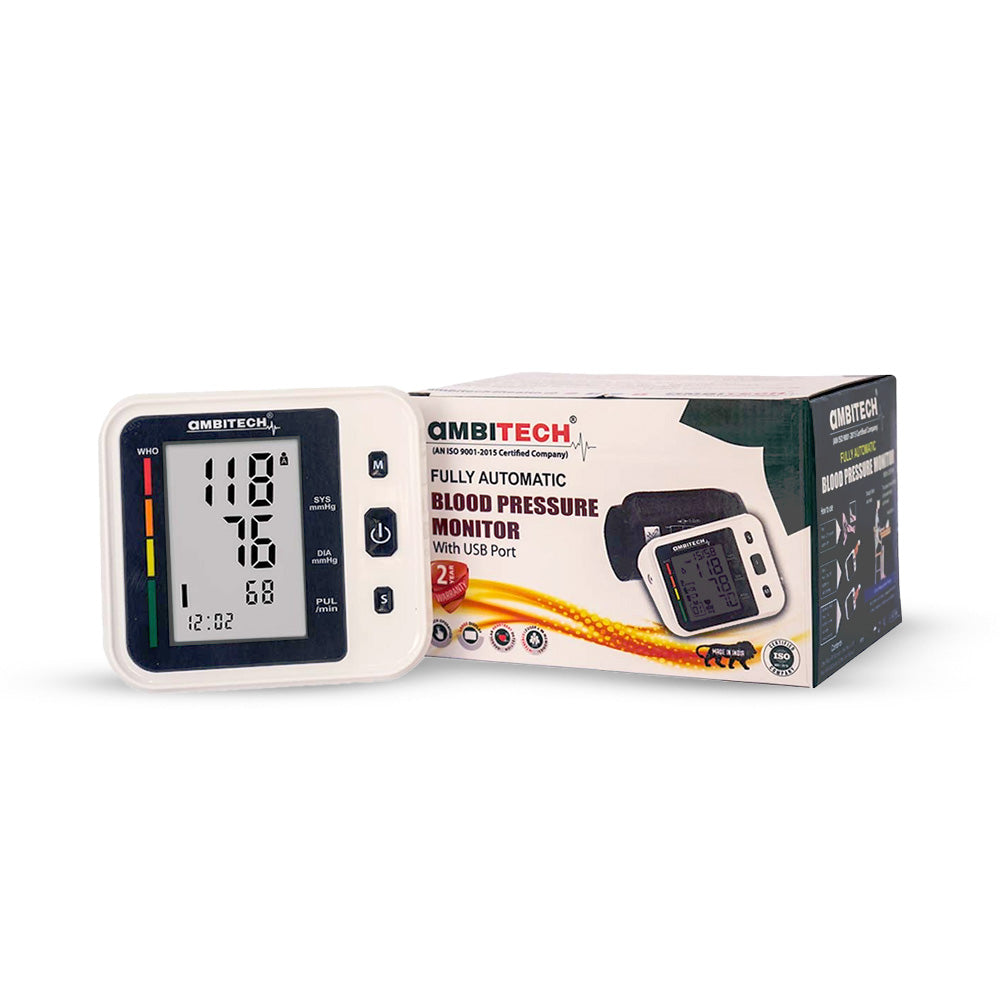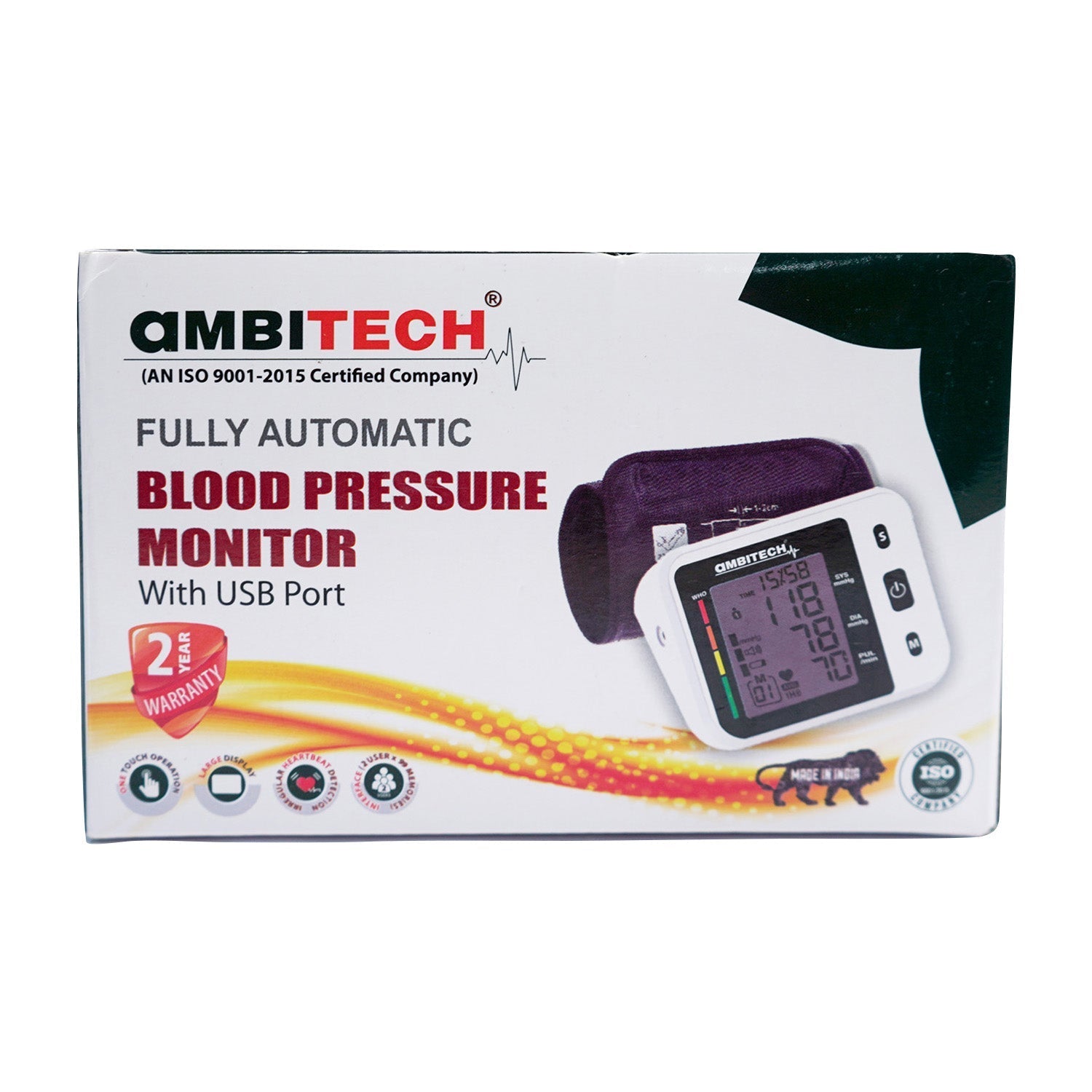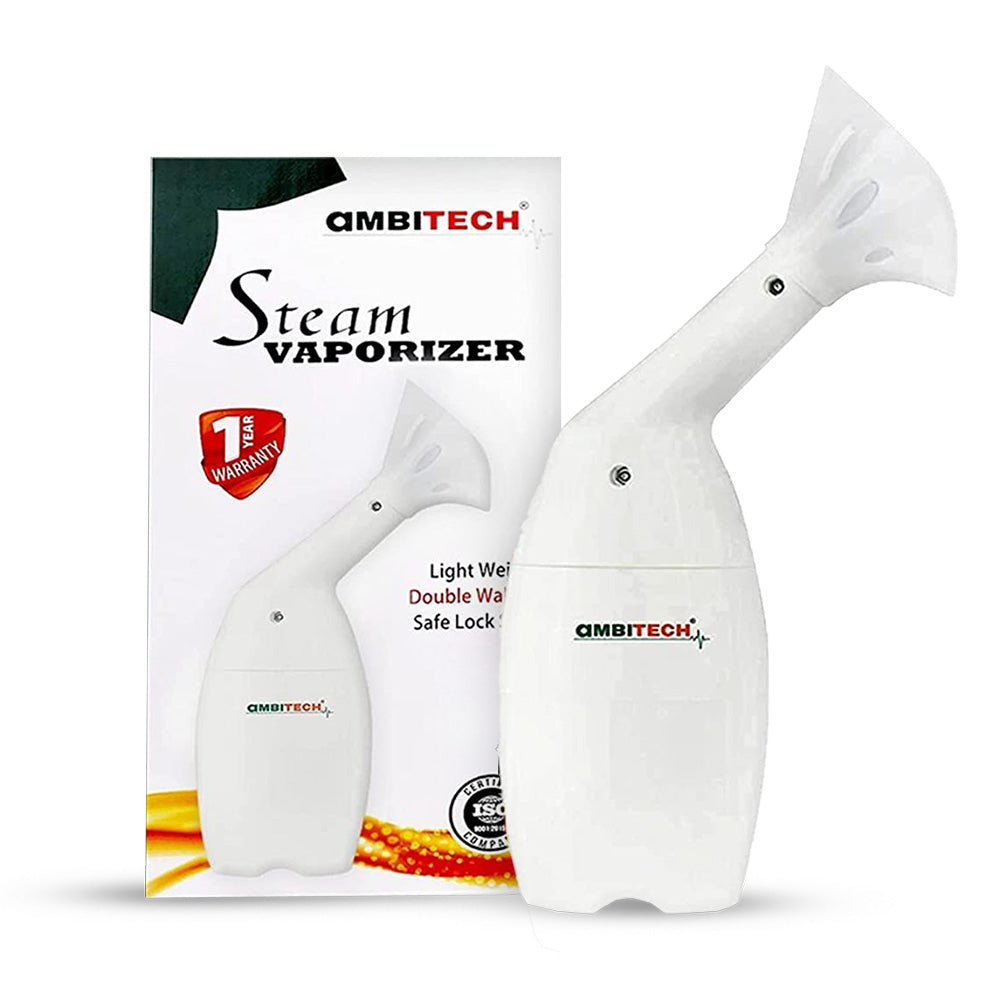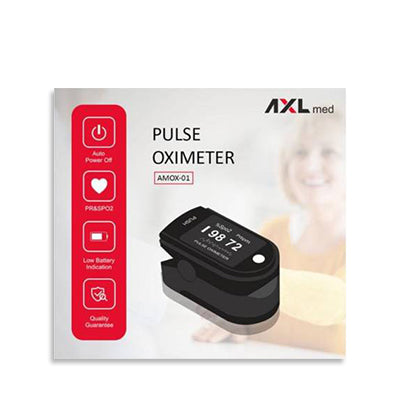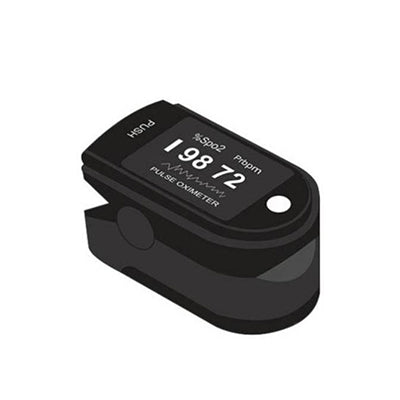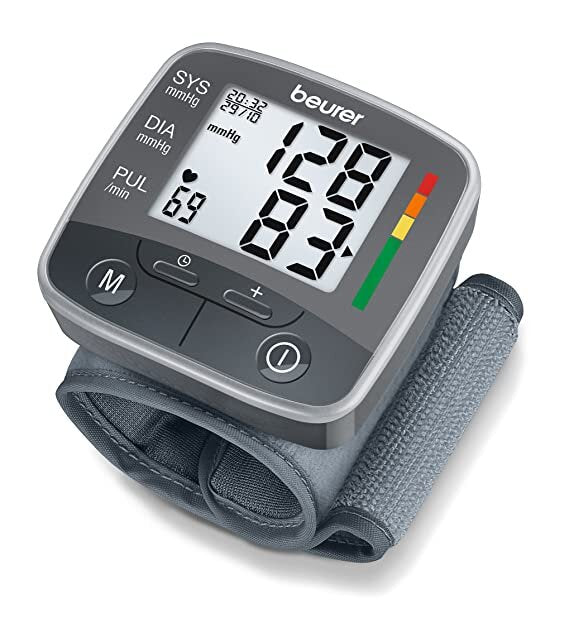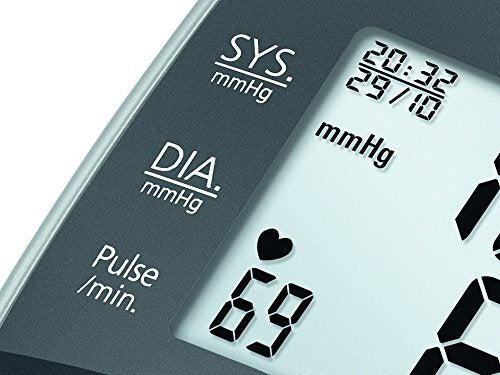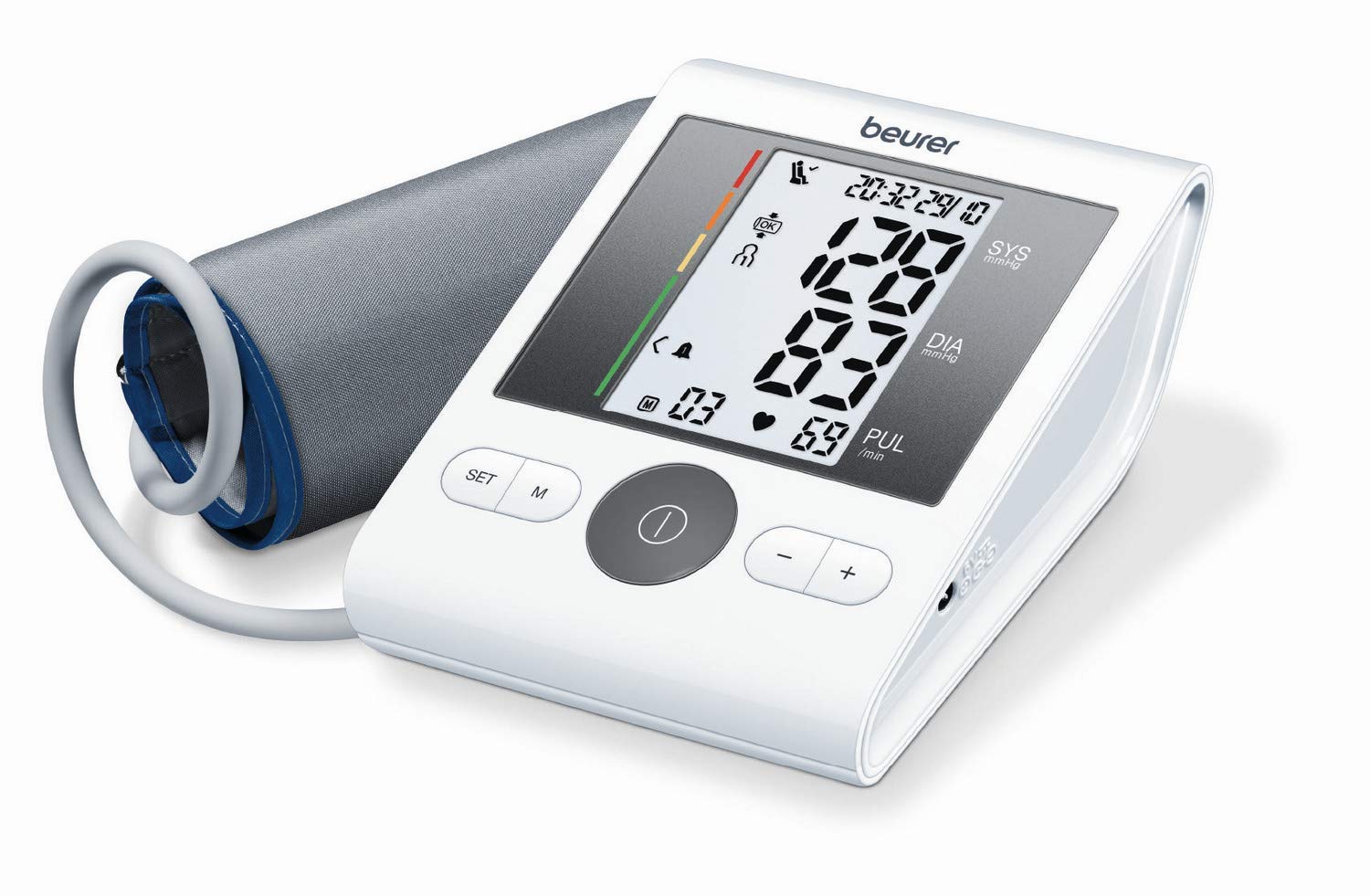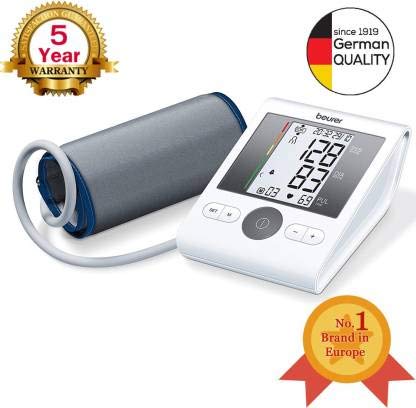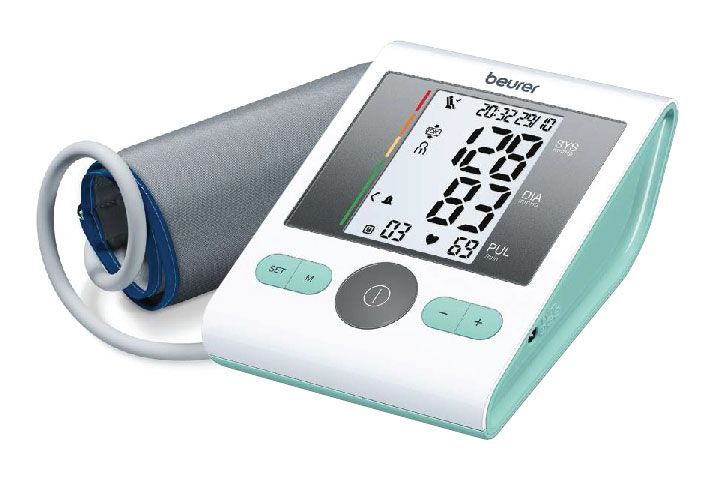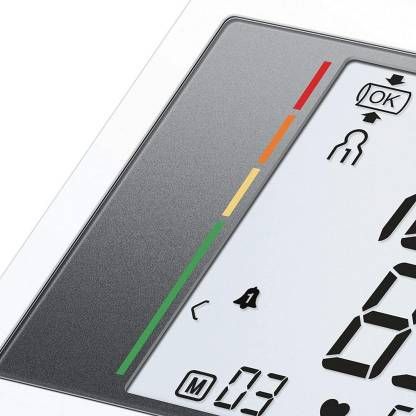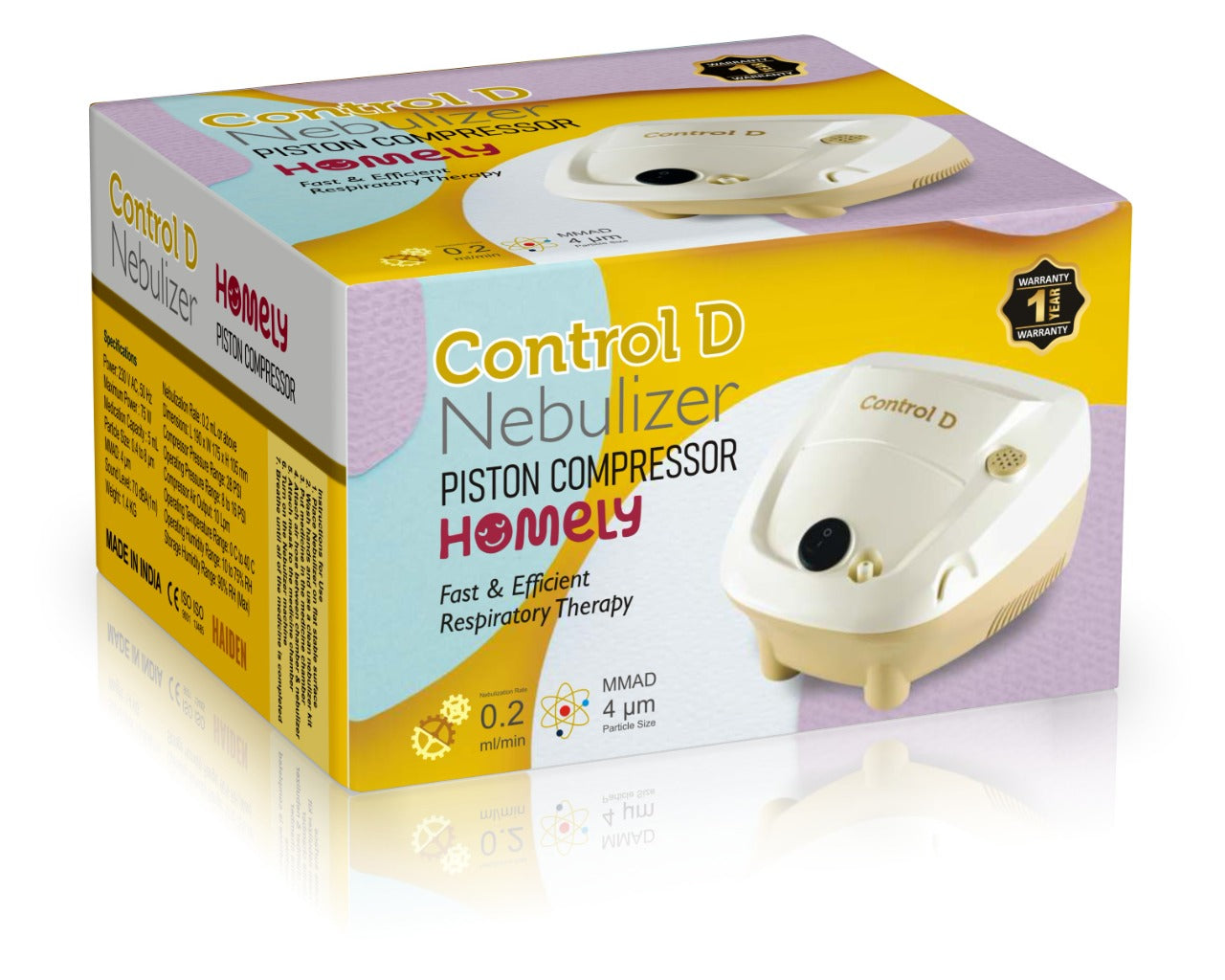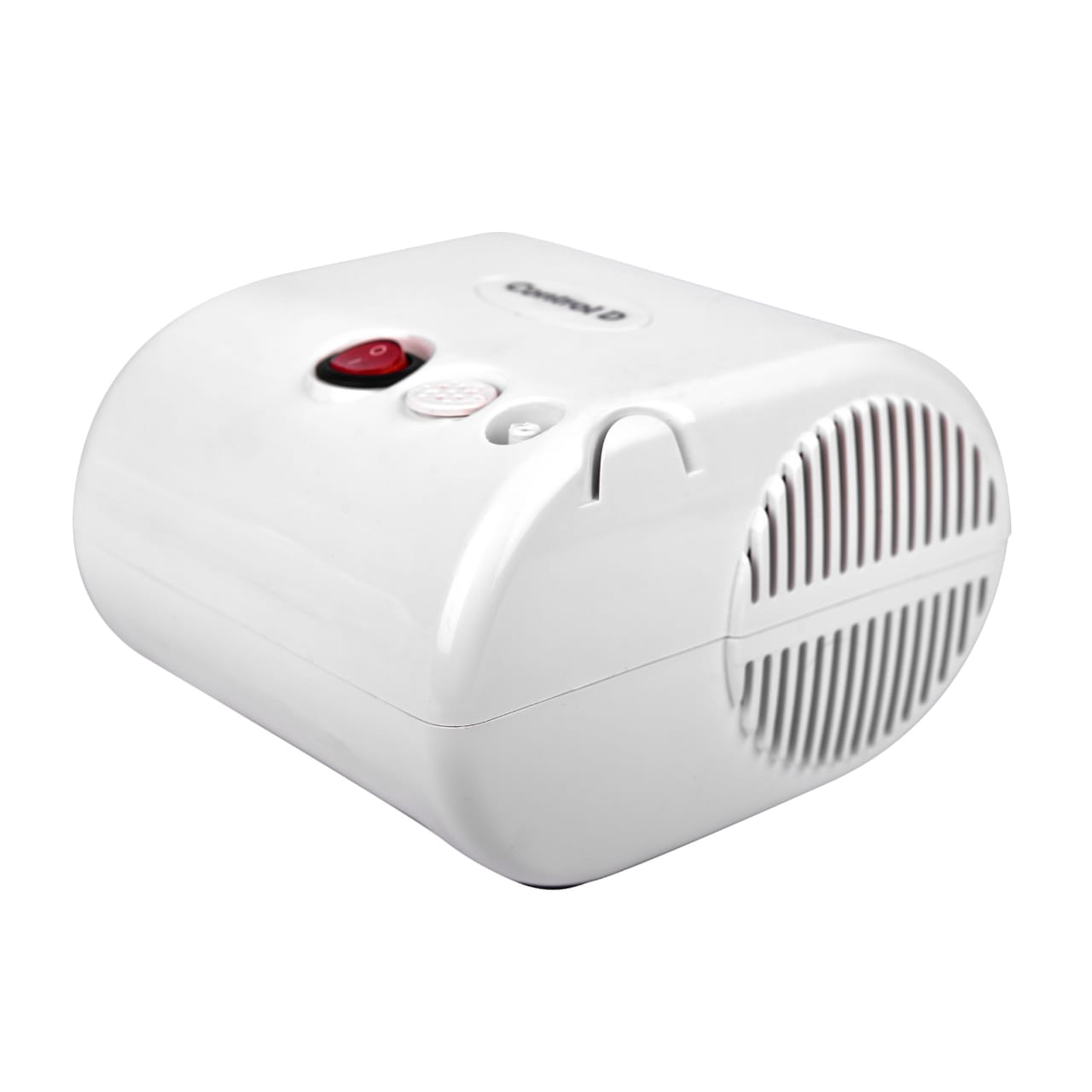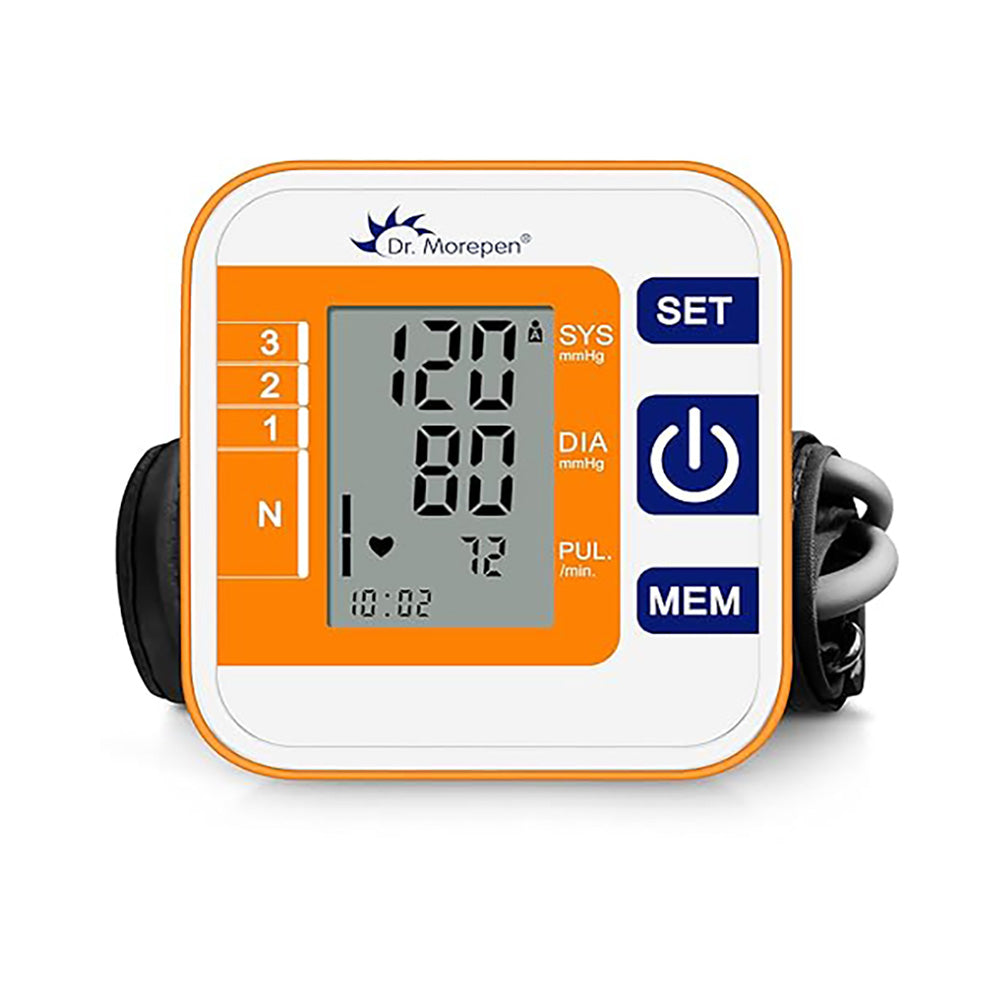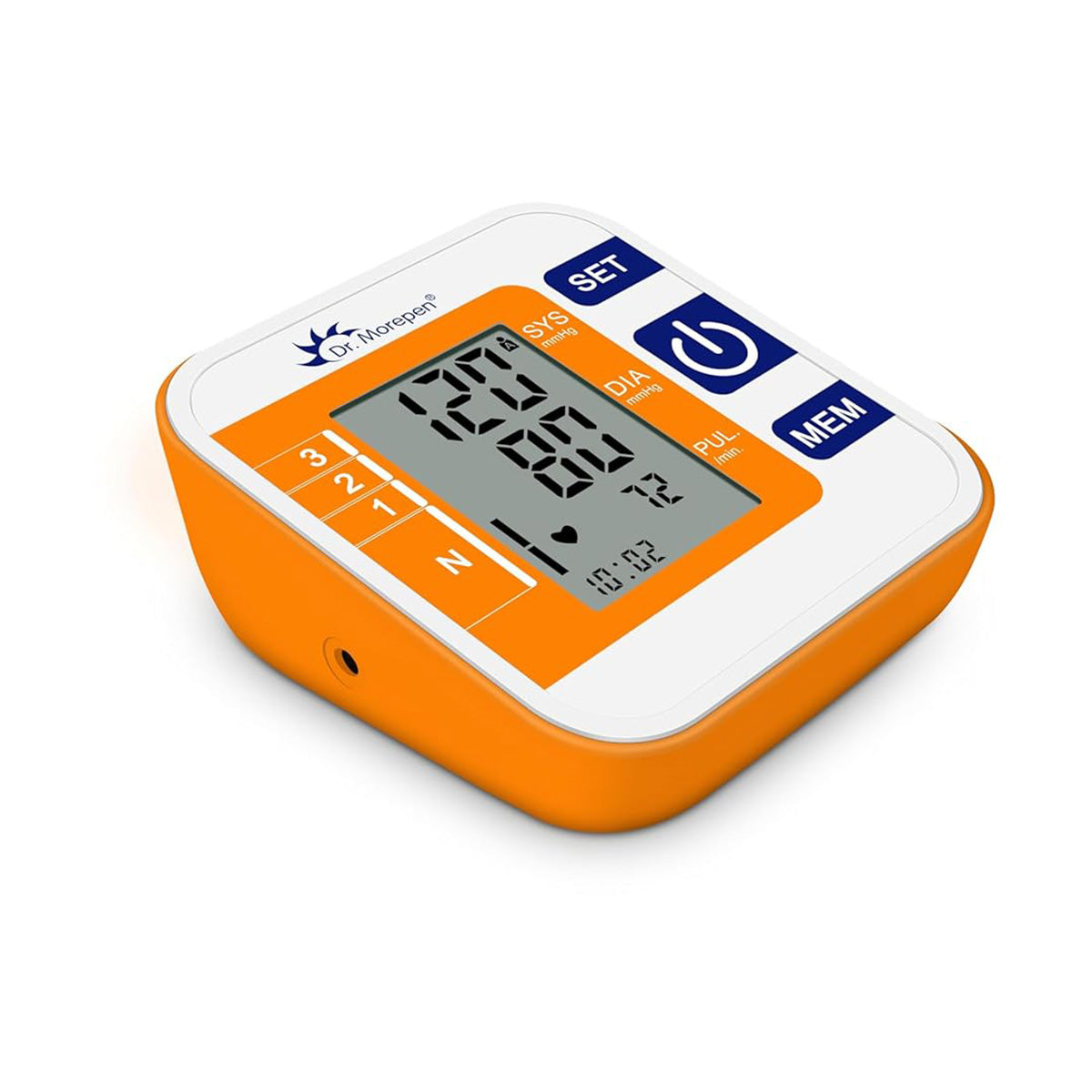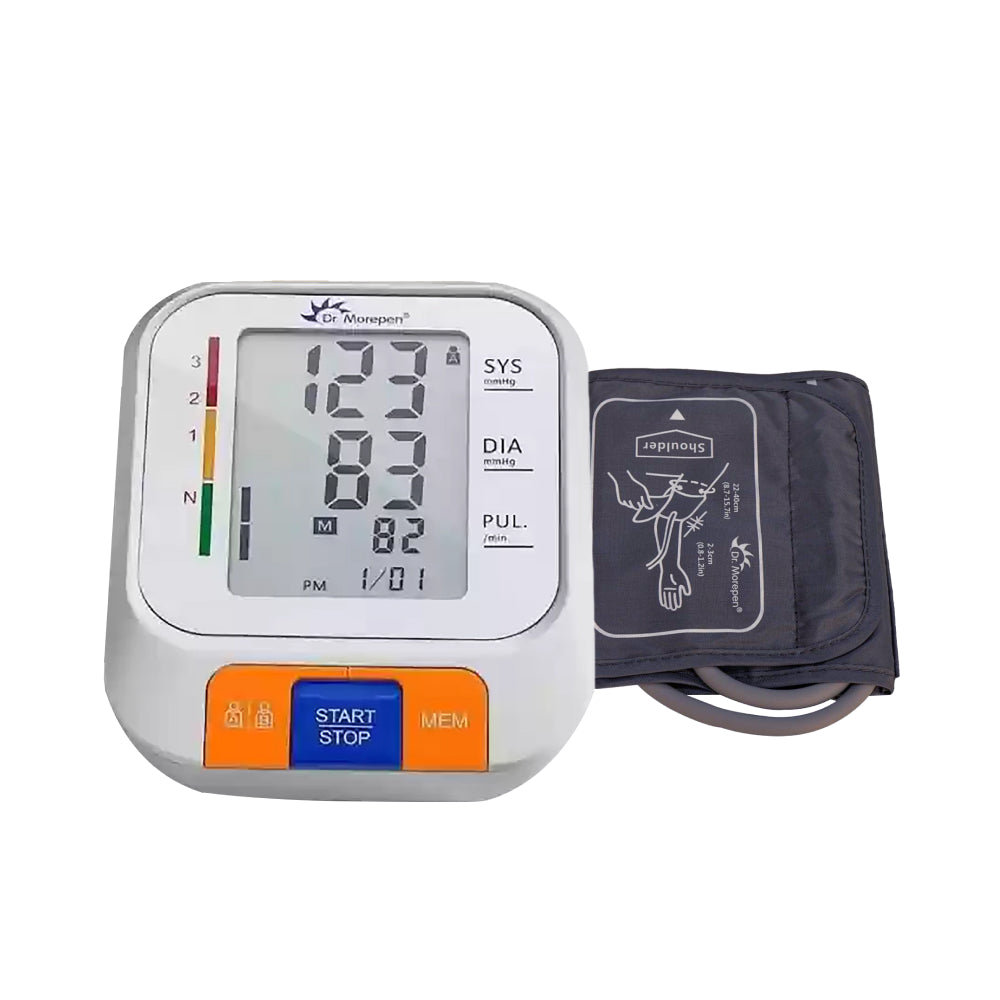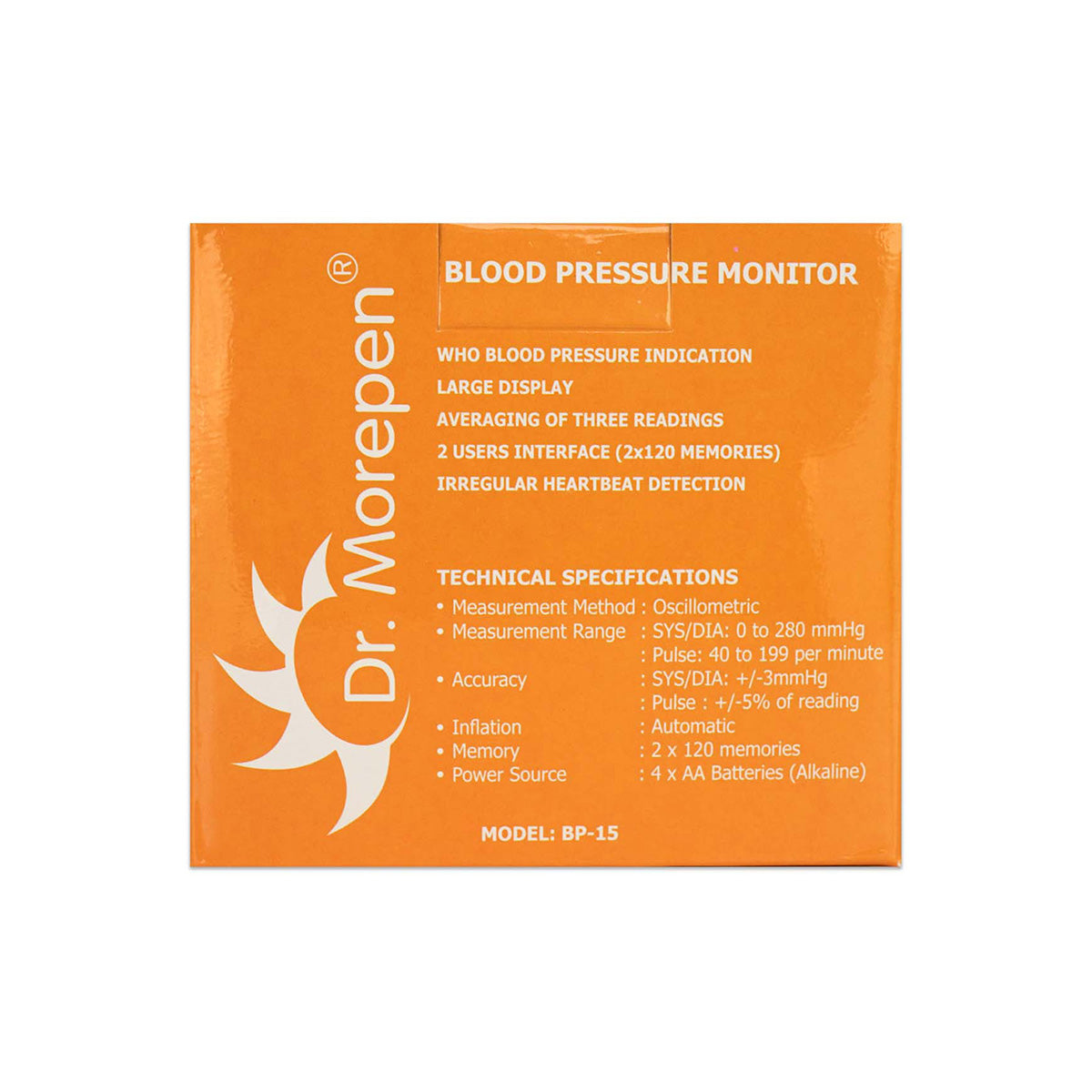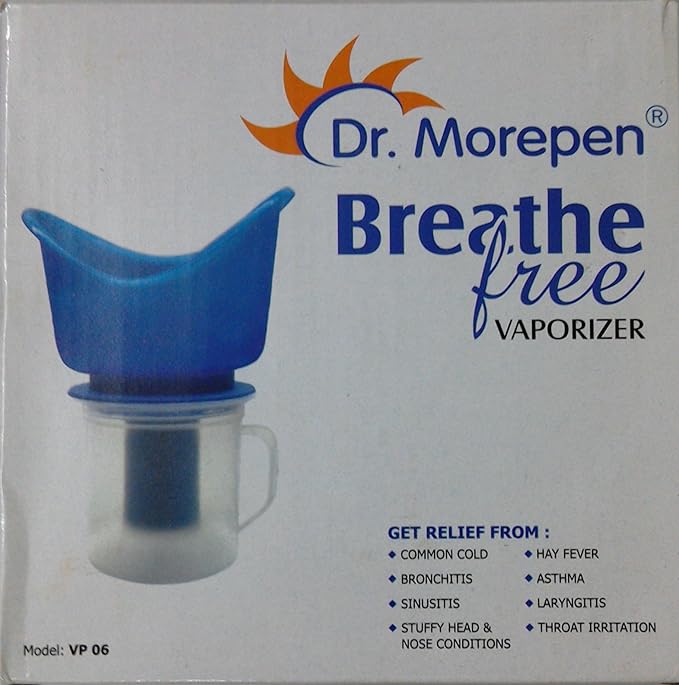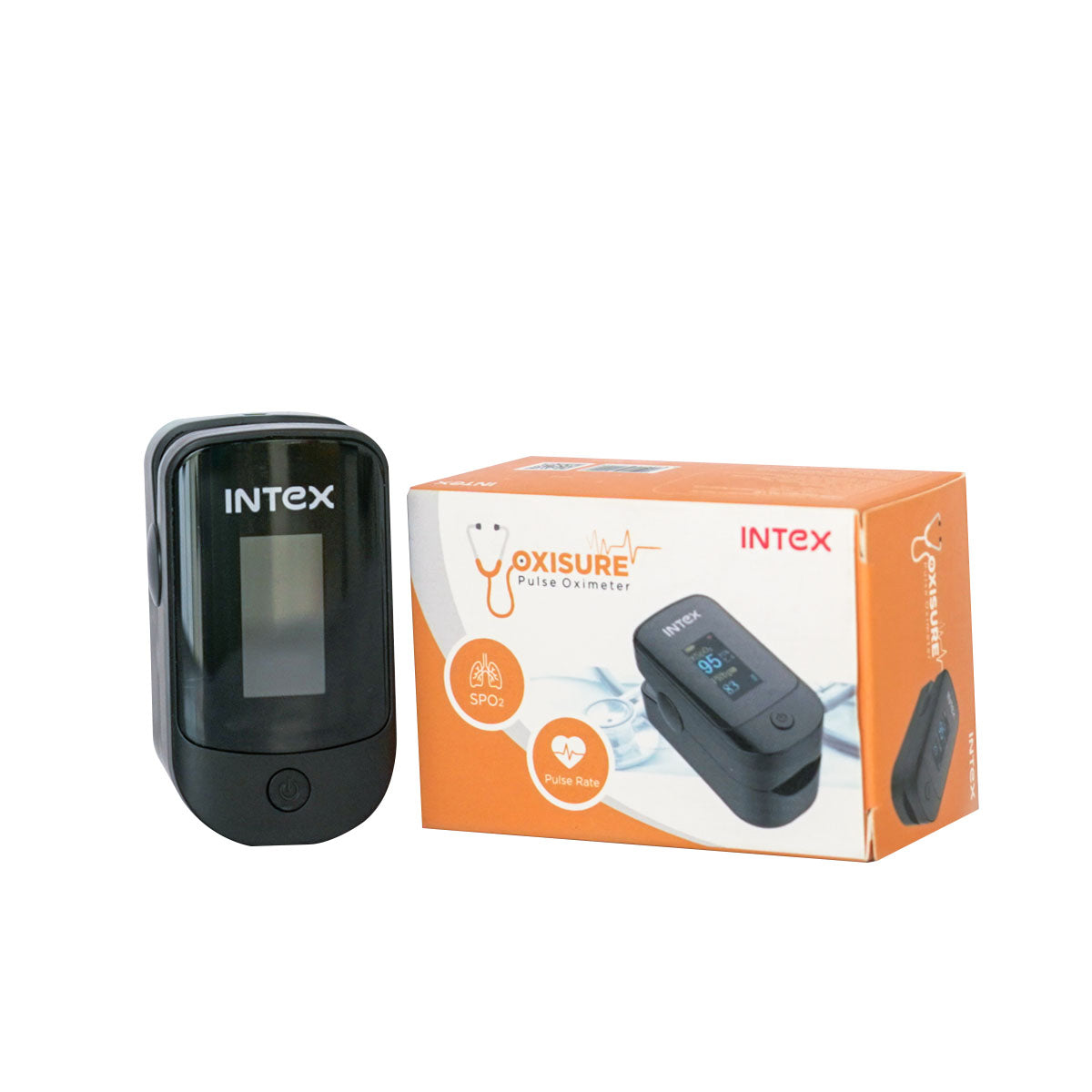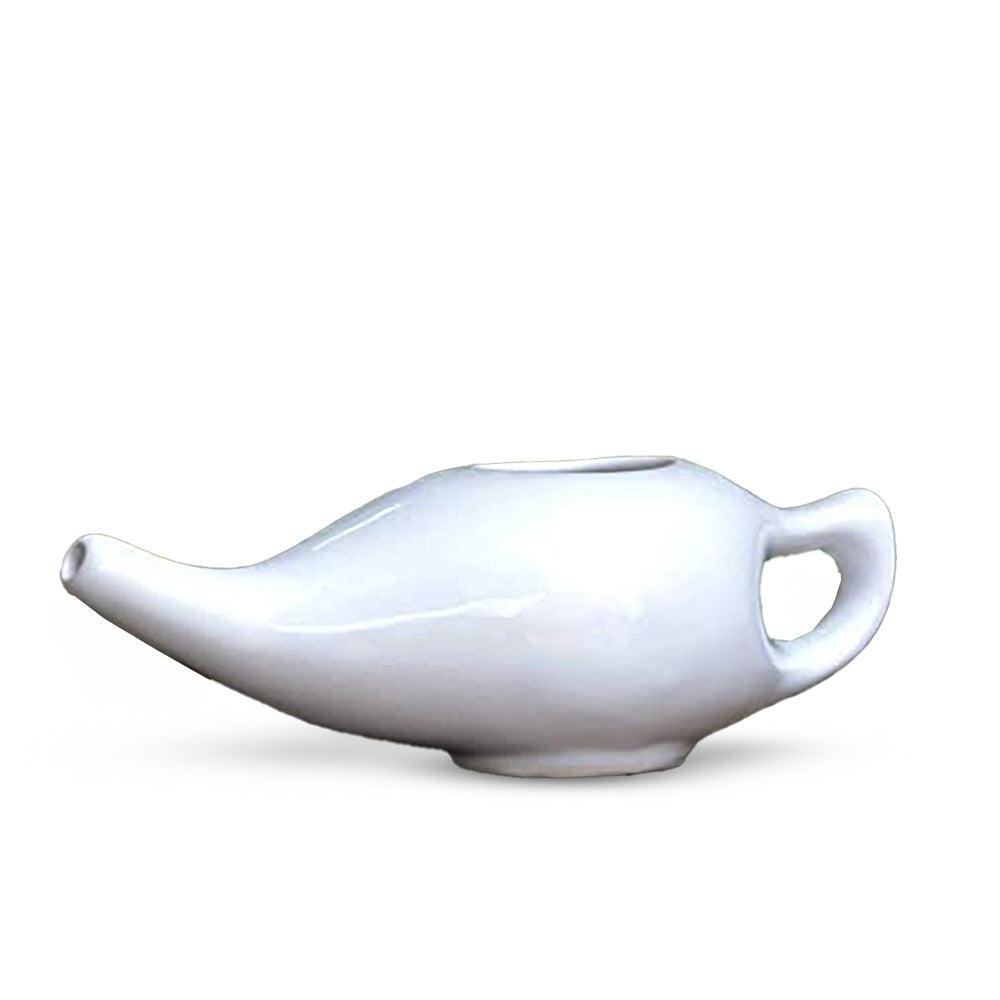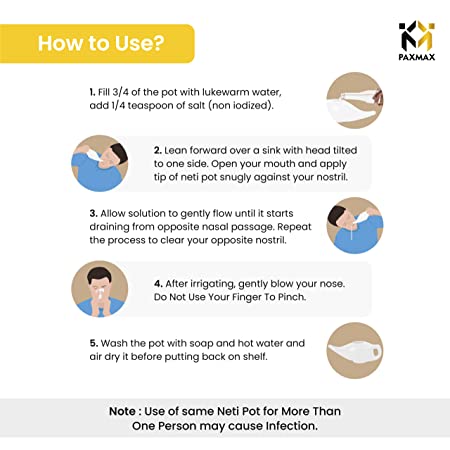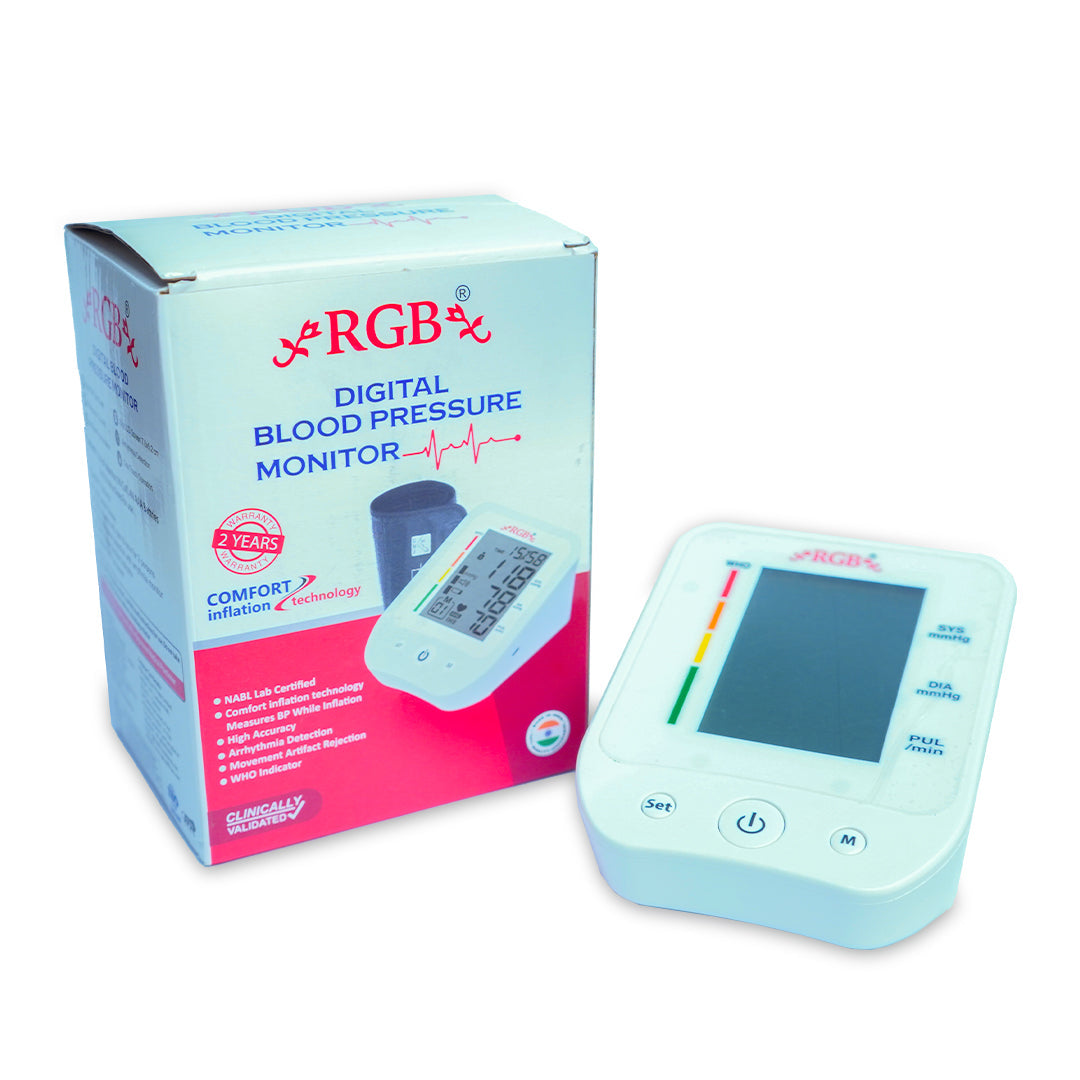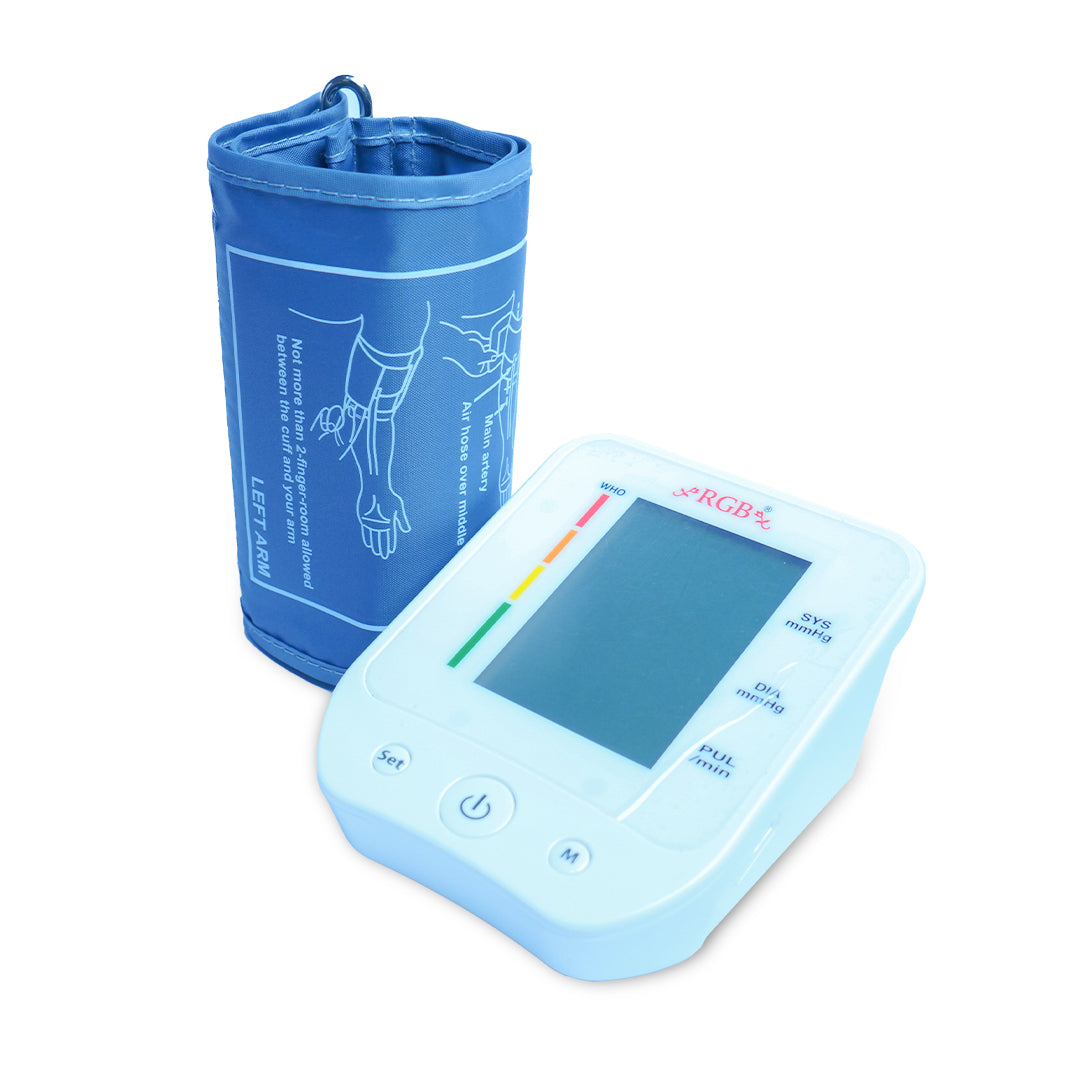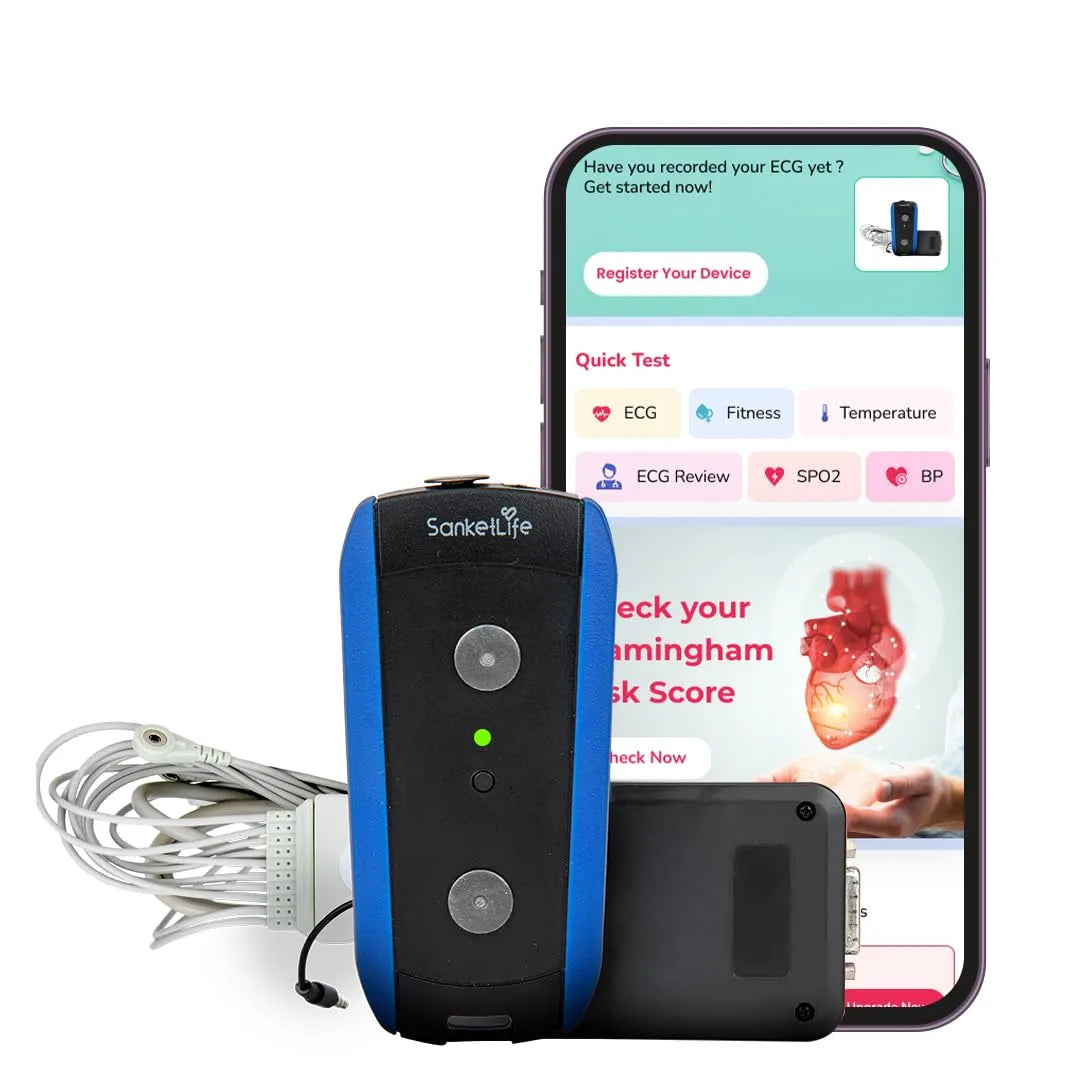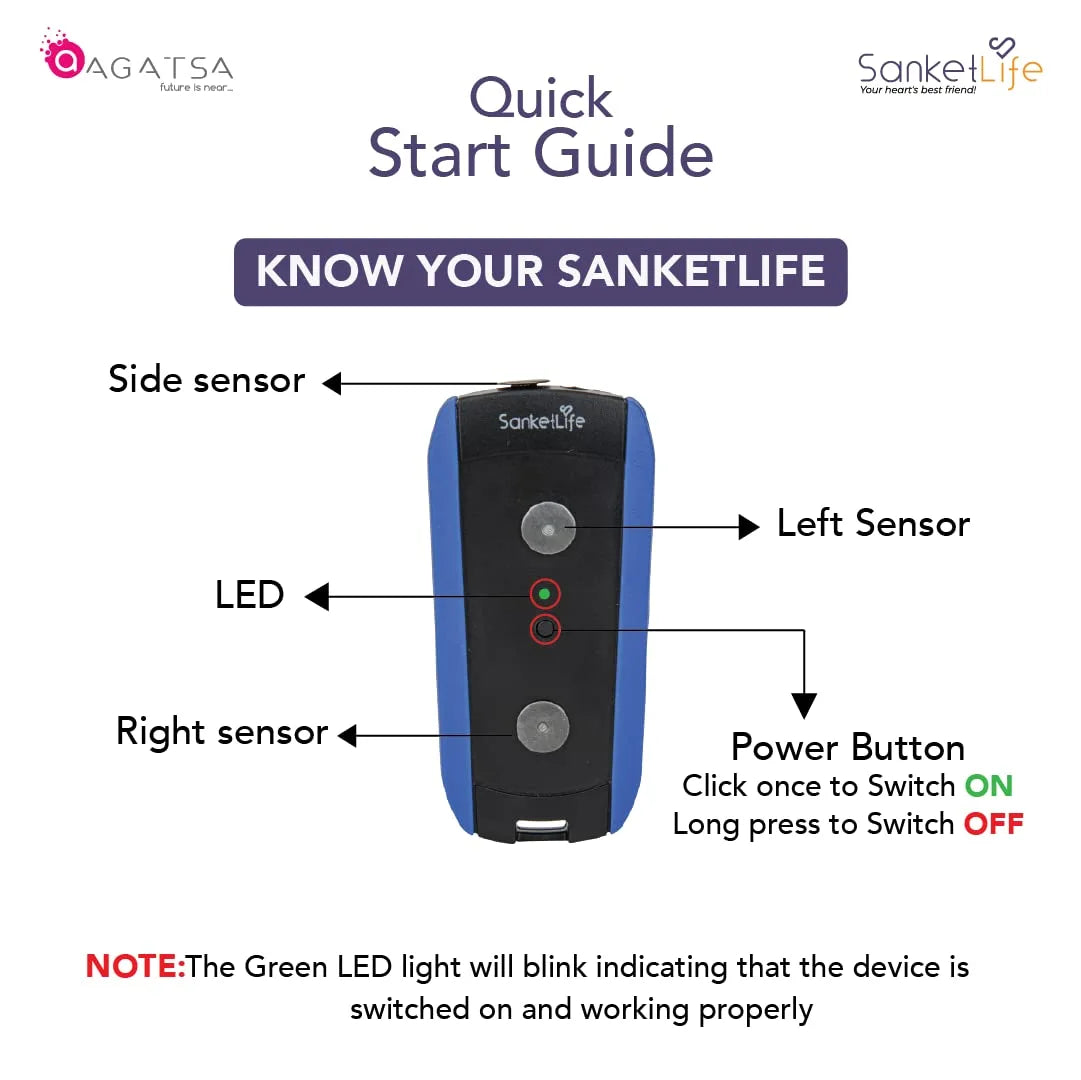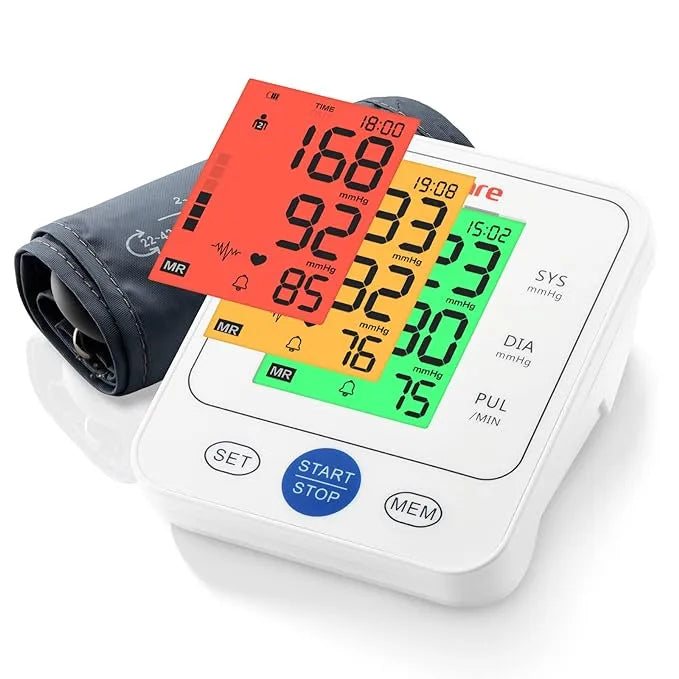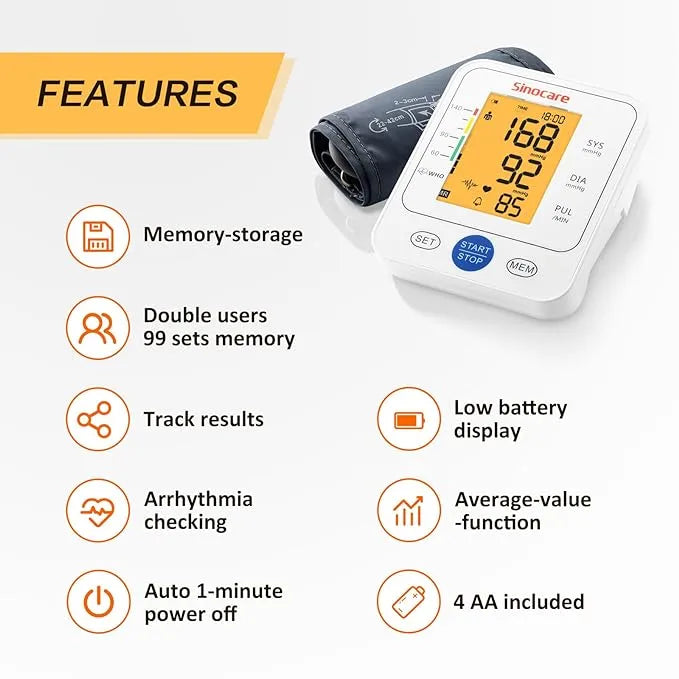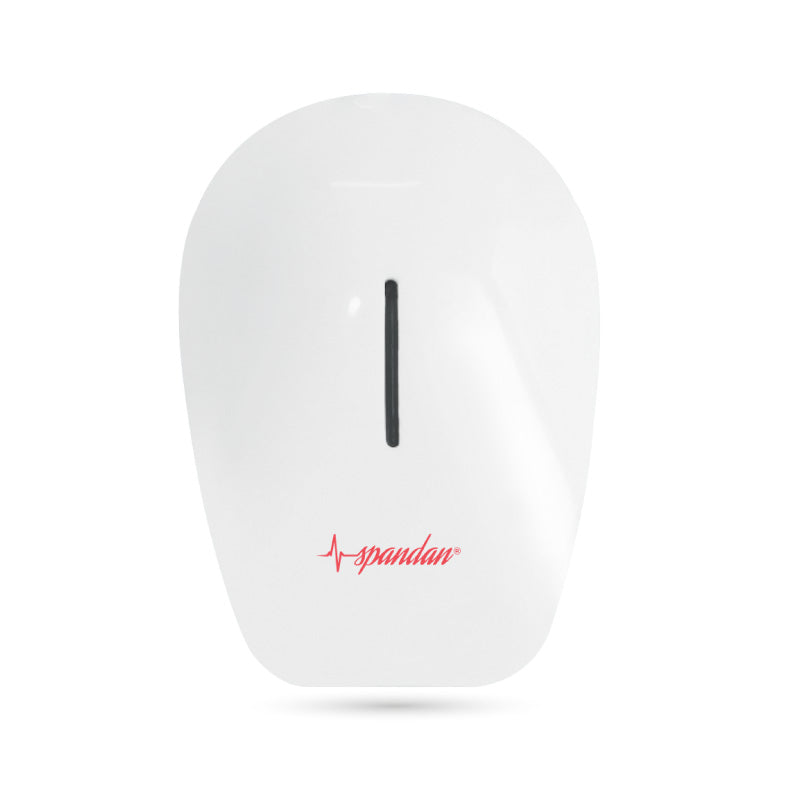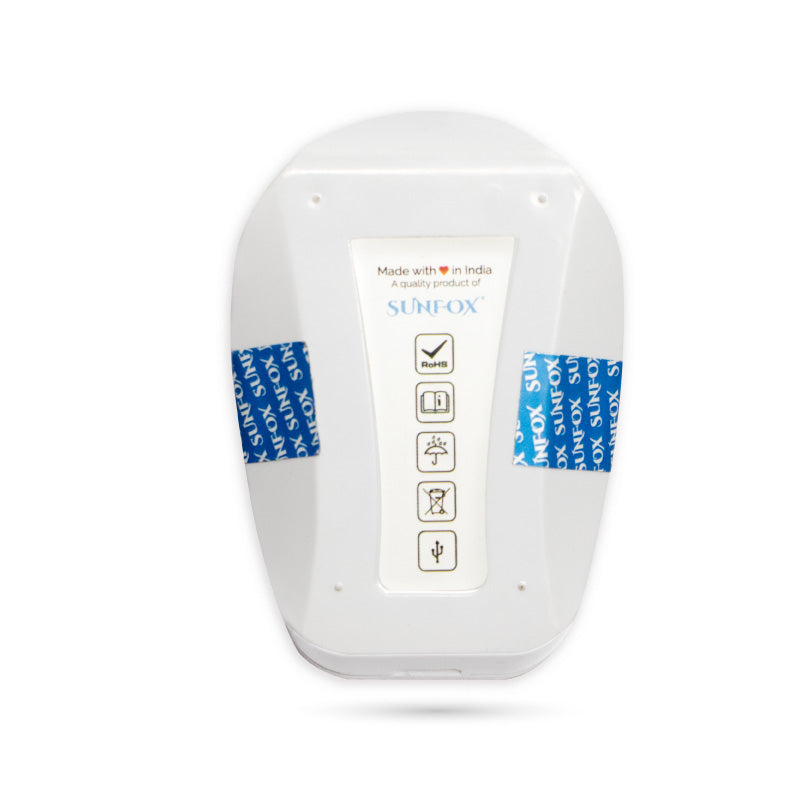Health Care Devices
Filters
The world today is so complex that it is only possible to manage health through the right tools, and healthcare devices are some of the most important tools that are needed fo. . . Read More »
The world today is so complex that it is only possible to manage health through the right tools, and healthcare devices are some of the most important tools that are needed for effective health monitoring. Whether one is in a position to nurse a chronic illness or just wants to lead a healthy lifestyle, having the right medical equipment at one's disposal can go a long way. In this guide, you will discover what features to look for when purchasing Health care devices, the benefits of their use, and how to include them in your health care plan. We will also talk about the different medical devices that are necessary for different conditions and illnesses.
What to Look for When Buying Health Care Devices
When selecting Health Care Devices, it's crucial to consider several factors to ensure you choose the best options for your needs. Here’s what to look for:
-
Accuracy and Reliability: Select medical devices that give accurate readings and that will not change their findings often. Durable medical equipment plays a vital role in the health sector as it provides reliable data that can help in decision-making on health matters.
-
Ease of Use: Choose devices that can easily be used, especially by people who have little to no technical knowledge. Irrespective of whether the device is a blood pressure monitor or a glucose meter, the device should be very easy to operate, particularly for those with low technical knowledge.
-
Compatibility: Make sure that the medical equipment you buy can interface with other equipment or software that you could be using. For instance, some devices have companion applications that are installed on smartphones and that are used for tracking and monitoring health-related information.
-
Portability: Think about the size and mass of the healthcare devices if you are planning on using them on the go. This is because portable devices help one to monitor his or her health when on trips or in a different environment.
-
Durability: Choose devices that are manufactured using the best materials and can easily withstand daily usage. Medical equipment with a long life cycle and high durability is more economical and reliable in the long run.
-
Cost: When it comes to the prices of healthcare devices, there is a rather big difference. It is, however, crucial to note that equipment should be of high quality, though there are cheaper products that are equally good. Think about your budget and the cost of any of the consumables that may be required, such as test strips or batteries.
-
Reviews and Ratings: Go through blogs and see what other clients have to say about the device to know how it performs in real life. Another form of information that can be sourced from the users of the product is the strengths and weaknesses information.
-
Warranty and Support: Look for warranty and customer support information. Another factor that may be crucial for some people is warranty and customer support in case of any problems with the gadget.
Popular Health Care Devices and Their Benefits
Health Care devices come in various forms, each serving a unique purpose. Here are some popular devices and their benefits:
-
Blood Pressure Monitors: These are the medical devices that let you take blood pressure in the comfort of your home, making it easier to control diseases such as high blood pressure. But you should monitor your blood sugar level frequently to avoid such complications or to allow your doctor to have important information on your health status.
-
Glucose Meters: Diabetes requires glucose meters to check blood sugar levels and they help people make changes to diet, exercise, and medication. They agree that accurate monitoring will lead to better glucose control and decrease the occurrence of complications.
-
Pulse Oximeters: These devices help to monitor the oxygen levels in the blood and the rate of pulse. They are especially advisable for people with breathing problems or those who have undergone surgery.
-
Thermometers: A good thermometer is essential when it comes to measuring body temperature when one is sick. Digital and infrared thermometers provide fast and accurate results in the process of taking the temperature.
-
Fitness Trackers: Some of these wearable devices monitor the following health indicators; pulse rate, sleeping habits, and the amount of movement. It is suitable for people who wish to step up their fitness and well-being.
-
Nebulizers: To asthmatic or any other respiratory disease sufferers, nebulizers are critical and recognized medical equipment that helps in the administration of medicine directly to the lungs, thus helping during an attack.
-
EKG Monitors: These devices track the heart rate and are useful for people who have heart problems. Wireless EKG monitors may give real-time results and help identify arrhythmias as well as other heart disorders.
-
Smart Scales: These scales do not only weigh you but also allow you to monitor the following body compounding indices: body fat, muscle mass, and body mass index. They are used in weight control and in monitoring one’s fitness.
Health Care Devices For Specific Needs
Different health conditions require specific medical devices. Here are some tailored recommendations:
-
For Diabetes Management: Blood glucose meters, insulin pumps, and continuous glucose monitors are some of the most important tools for controlling blood sugar. Such devices give accurate and timely information to monitor and control the patient's condition.
-
For cardiovascular Health: Blood pressure monitors or sphygmomanometers, electrocardiograph machines, and cholesterol screening devices are useful to patients with heart problems. Such complications, if not well managed, are likely to cause severe harm, and therefore surveillance can assist in regular tracking of the condition.
-
For Respiratory Conditions: Asthma, COPD, and other respiratory problems can be well managed with the help of nebulisers, pulse oximeters, and peak flow meters. These devices help in the timely administration of medication and the checking of the patient’s lung capacity.
-
For Fitness Enthusiasts: The fitness trackers, smart scales, and heart rate monitors are useful for those who are interested in getting into better shape. These devices are useful for monitoring performance and even setting a fitness regime.
-
For General Health: Devices such as thermometers, blood pressure monitors, and smartwatches are useful in ensuring that a person is in good health since they constantly provide health information and symptoms of any disease.
Here Are Some of The Best Health Care Devices
AccuSure AS BP Monitor Reliable Blood Pressure Monitor for Home
AmbiTech Steam Vaporizer Steam Inhaler
Accusure TD-1209 BP Monitor with Adapter
Control D Piston Nebulizer
Sunfox: Spandan 4.0 12- Lead Portable ECG Device
Conclusion
Health Care devices are tools that help diagnose and monitor one’s health condition and are critical to the management of health. Thus, the choice of appropriate medical equipment and its integration into daily practice allows for enhanced effectiveness of treatment and improved quality of life. When it comes to devices used to monitor the health status of an individual there are many types to choose from, whether it is specific to one ailment or more of a general health assistant. When choosing healthcare devices, factors to put into consideration must include accuracy, usability, compatibility with other devices, and cost. Be active, be updated, and be in charge of your health through the various medical devices.
« Read Less










